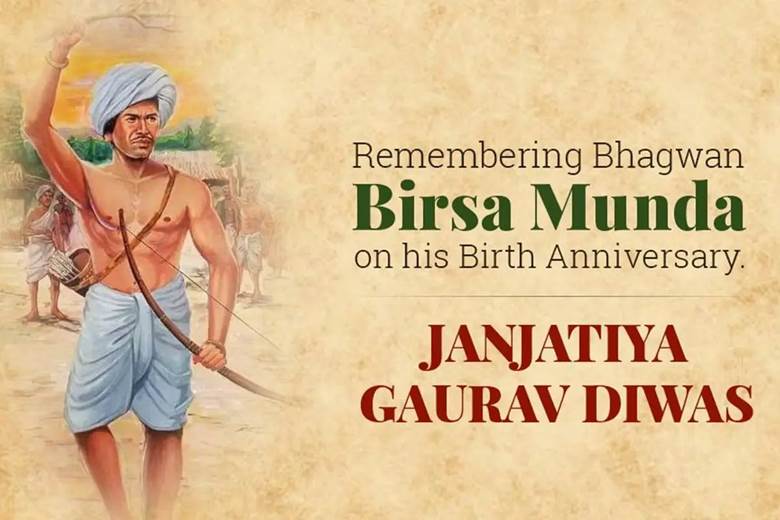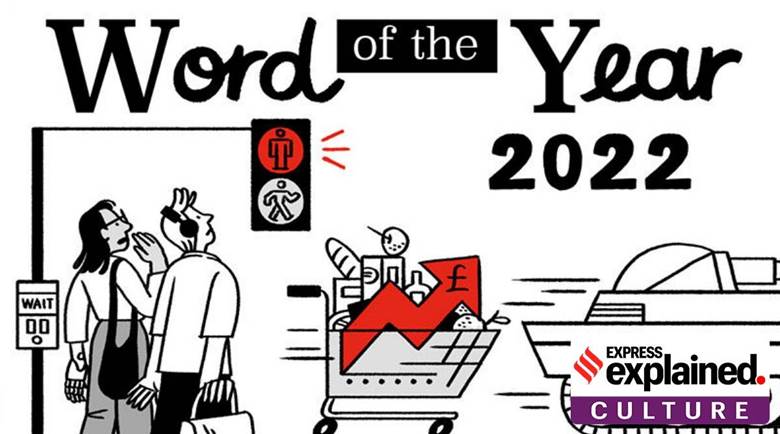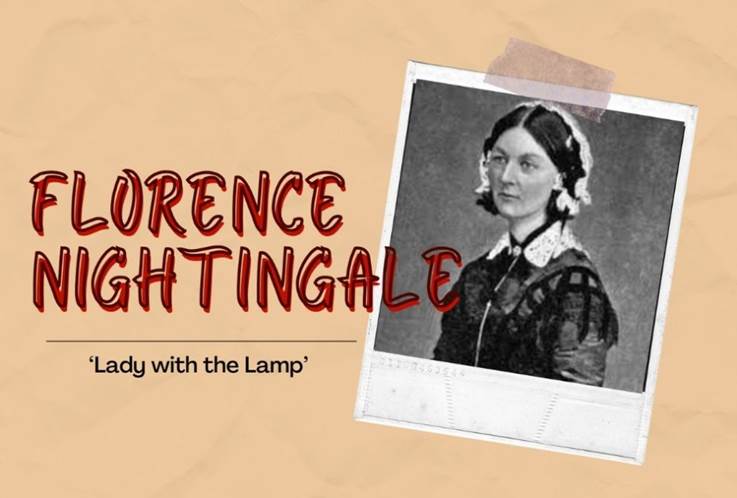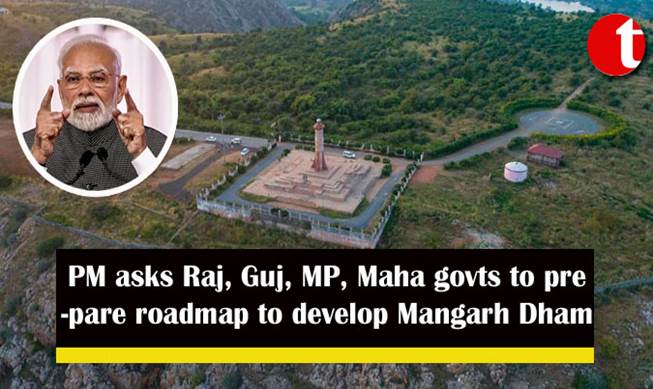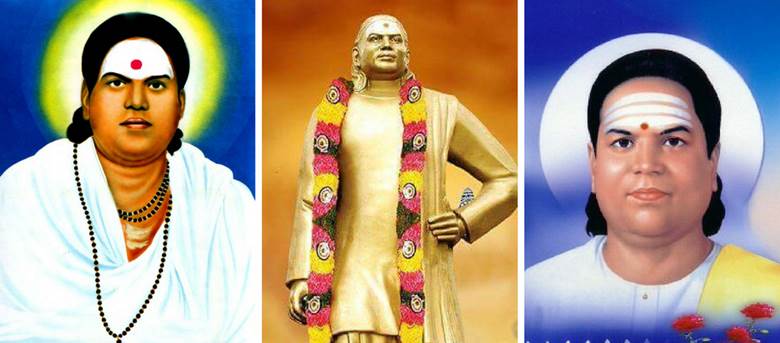Description
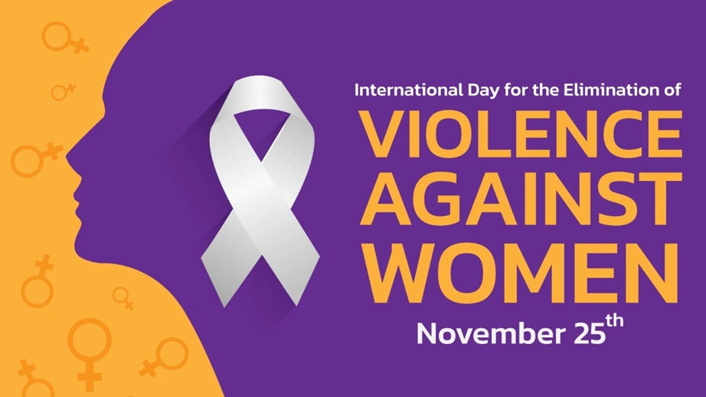
Copyright infringement not intended
About
- The International Day for the Elimination of Violence against Women is observed every year on 25th November.
- The day is marked to pay tribute to the Mirabal sisters, the Dominican Republic activists who were murdered at the order of Rafael Trujillo in 1960.
- The theme for 2022 is ‘UNITE! Activism to End Violence against Women and Girls.’
- Declaration on the Elimination of Violence against Women issued by the UN General Assembly in 1993.
- This year’s campaign ‘UNiTE campaign’ is a 16-day initiative starting on International Day for the Elimination of Violence against women and concluding on International Human Rights Day on 10th December.
- This campaign, led by the UN Secretary-General and UN Women since 2008, aims to prevent and eliminate violence against women and girls around the world, calling for global action to increase awareness, promote advocacy and create opportunities for discussion on challenges and solutions.
- It aims to mobilize all society to become activists for the prevention of violence against women, to stand in solidarity with women’s rights activists and to support feminist movements around the world.

Violence against women and girls
- The UN General Assembly defines violence against women as “any act of gender-based violence that results in, or is likely to result in, physical, sexual or psychological harm or suffering to women, including threats of such acts, coercion or arbitrary deprivation of liberty, whether occurring in public or in private life.”
- In general terms, it displays itself in physical, sexual and psychological forms, encompassing:
- Partner violence (battering, psychological abuse, marital rape, femicide).
- Sexual violence and harassment (rape, forced sexual acts, unwanted sexual advances, child sexual abuse, forced marriage, street harassment, stalking, cyber-harassment).
- Human trafficking (slavery, sexual exploitation).
- Hemale genital mutilation.
- Child marriage.
Challenges in addressing women's Safety
- Lack of Reporting.
- Slow Criminal Justice System.
- Inadequate Implementation of the law.
- Poor Gender Sensitization of law enforcement agencies like Police, Judiciary etc.
- Various Social factors like level of education/illiteracy, Poverty, Social Customs and values, religious beliefs, and mindset of the Society.
- Exclusion by Technology.
- The lack of infrastructure Such as Safe Spaces for women, Safe transport Systems, and Proper toilets makes it a dangerous place for women and girls.
- Hostile Environment of investigation for victims of sexual violence.
- Social Conceptions of Shame and victim-blaming.
- Much Sexual violence happens within a marriage, and marital rape is not a Crime.
Steps taken by the Government
- Beti Bachao Beti Padhao, to address the declining Child Sex Ratio.
- Scheme for Adolescent Girls aims at girls in the age group 11-18, to empower and improve their social status through nutrition, life skills, home skills and vocational training.
- Pradhan Mantri Mahila Shakti Kendra scheme, to promote community participation through the involvement of Student Volunteers for the empowerment of rural women.
- Rashtriya Mahila Kosh (RMK) to provide micro-credit to poor women for various livelihood support and income-generating activities at concessional terms.
- Swadhar Greh provides relief and rehabilitation to destitute women and women in distress.
- Ujjawala is a Comprehensive Scheme for the prevention of trafficking and rescue, rehabilitation, reintegration and repatriation of victims of trafficking for commercial sexual exploitation.
- Working Women Hostels for ensuring safe accommodation for women working away from their place of residence.
- One-Stop Center and Women Helpline are being implemented to facilitate access to an integrated range of services including medical aid, police assistance, legal aid/ case management, psychosocial counselling and temporary support services to women affected by violence.
- Panic Button on Mobile Phones, Emergency Response Support System Set up under Nirbhaya Fund.
- Inclusion of Acid Attack as a disability.
- The dowry Prohibition Act, of 1961, Penalizes Giving & taking.
- SABLA Scheme, Providing life Skills and Supplementary nutrition to School girls - Working Women Hostel.
- Sexual Harassment electronic-Box (SHe-Box).
- The national database on Sexual offenders includes names, addresses, photographs and fingerprint details of those Convicted in Sexual assault Cases.
- The Hindu Succession Amendment Act 2005. According to the law, sons, daughters and their mothers can get an equal share of family property.
- The Protection of Women from Domestic Violence Act 2005 extends the understanding of the term ‘domestic’ to include all women who ‘live or have lived together in a shared household’ with the male member who is perpetrating the violence.
- Domestic violence refers to the injury or harm or threat of injury or harm caused by an adult male, usually the husband, against his wife. Injury may be caused by physically beating up the woman or by emotionally abusing her. Abuse of the woman can also include verbal, sexual and economic abuse.
Steps needed to ensure women's Safety
- Strengthening Criminal Justice machinery
- Strict implementation and monitoring of the laws and Schemes and Strengthened enforcement.
- Strengthening of Alternate Dispute resolution mechanisms like Lok Adalat.
- Provide Self-defense Training
- Gender Sensitization of the law enforcement agencies, especially Police and Judiciary.
- Adopting zero tolerance Policy, Moral education through awareness and education.
- Promoting Social and economic empowerment of women through Policies and Programmes.
- Economic empowerment of women through Property rights, Create awareness about their Rights.
- Ensuring gender-friendly Public Spaces
- Equal access to Nutrition, Health, and education
- Adopt a life cycle approach to the empowerment of girls and women.
- Gender equality and violence Prevention Programmes can be introduced in Schools and Colleges.
- Strictly regulate the Sale and distribution of acid.
- Marital rape Should be made an offence irrespective of the age of the wife
- Khap panchayat’s decisions, and all those involved in them, that led to honour killings or violent Crimes must be Criminally Punished.
- Increase the representation of women in the Judiciary, both at higher and lower levels.
- All Police Stations must have women and a Child Protection des
- The number of women in Police Should be increased
- Installation of CCTV, Mapping of dark Spots & Crime-prone areas

Summary
- Violence affects women at all stages of their life, gender-based violence can happen to anyone, anywhere, some women and girls are particularly vulnerable; young girls and older women, women who identify as lesbian, bisexual, transgender or intersex, migrants and refugees, indigenous women and ethnic minorities, or women and girls living with HIV and disabilities, and those living through humanitarian crises.
- Violence against women continues to be an obstacle to achieving equality, development, and peace as well as the Sustainable Development Goals (SDGs).
https://www.news18.com/news/lifestyle/international-day-for-the-elimination-of-violence-against-women-2022-theme-history-and-significance-6450595.html
https://t.me/+hJqMV1O0se03Njk9









